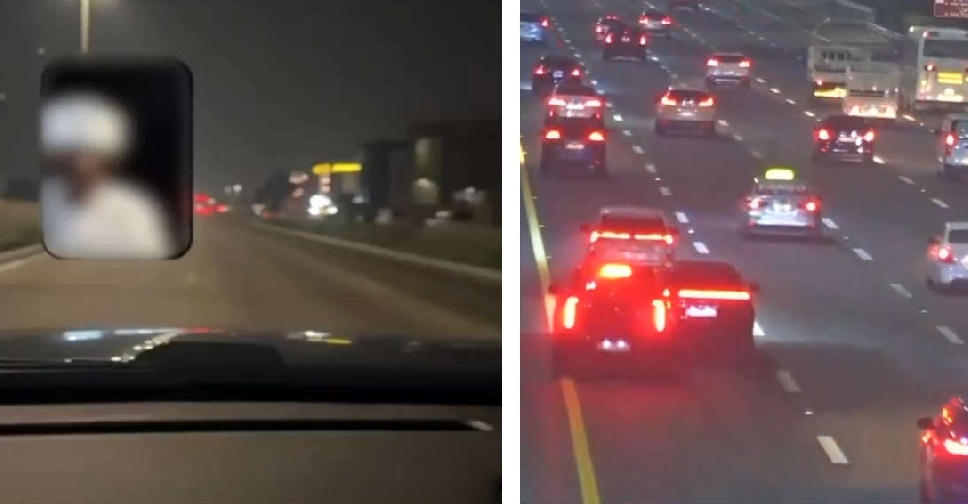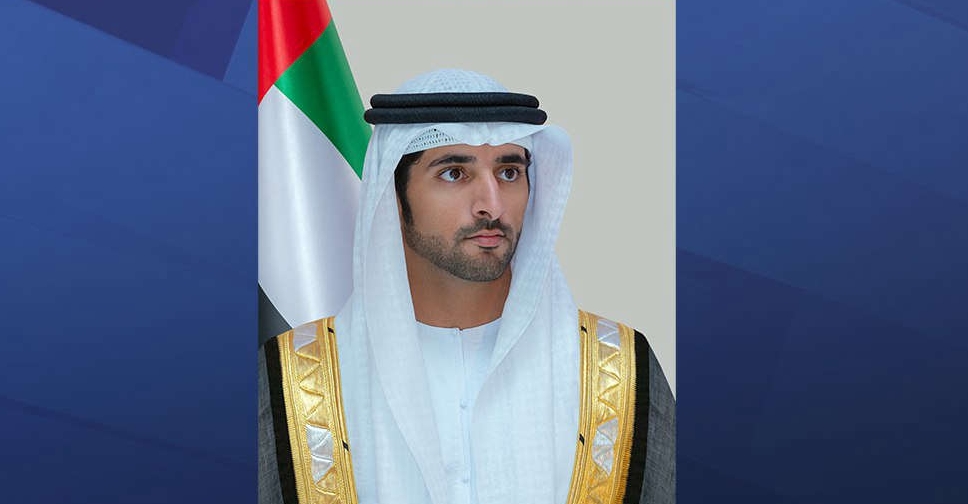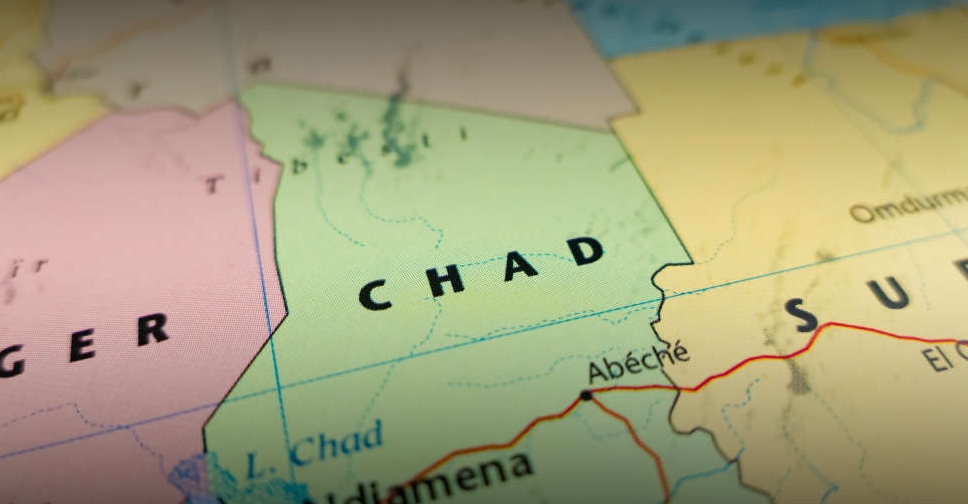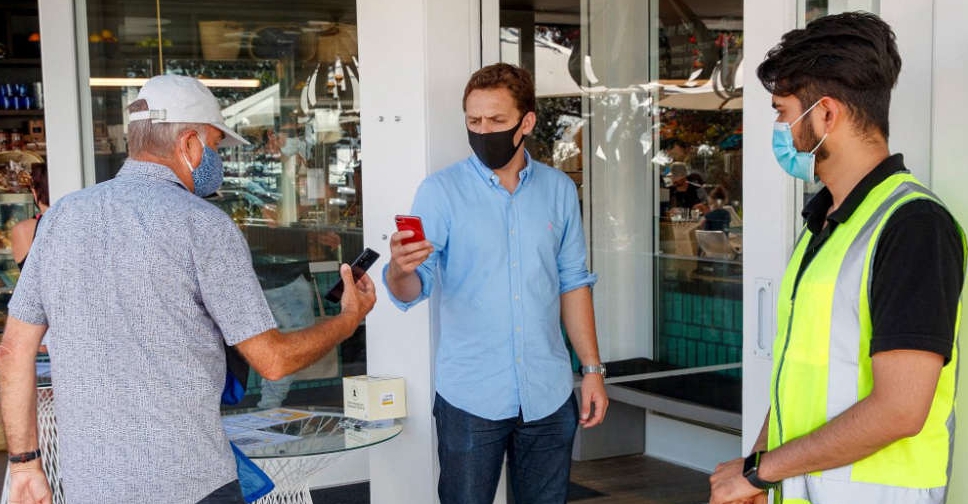
New Zealand on Tuesday postponed its phased border re-opening plans until the end of February citing the rapid global spread of the Omicron variant of the coronavirus.
The South Pacific nation had just started easing some of the world's toughest pandemic measures and its international border restrictions were to progressively loosen from January, with all foreign tourists allowed into the country from April.
Non-quarantine travel, which was to have opened for New Zealanders in Australia from January 16, would be pushed back until the end of February, COVID-19 Response Minister Chris Hipkins said at a press conference in Wellington.
"All of the evidence so far points to Omicron being the most transmissible COVID-19 variant yet.
"There's no doubt this is disappointing and will upset many holiday plans, but it's important to set these changes out clearly today so they can have time to consider those plans."
The measures were a precaution as it was still unclear how sick Omicron makes people and the impact it had on health systems was not yet fully understood, he said.
New Zealand also said the length of stay in state quarantine facilities would be increased from a week to 10 days.
The pre-departure test requirement to enter New Zealand was reduced from 72 hours to 48 hours before travel.

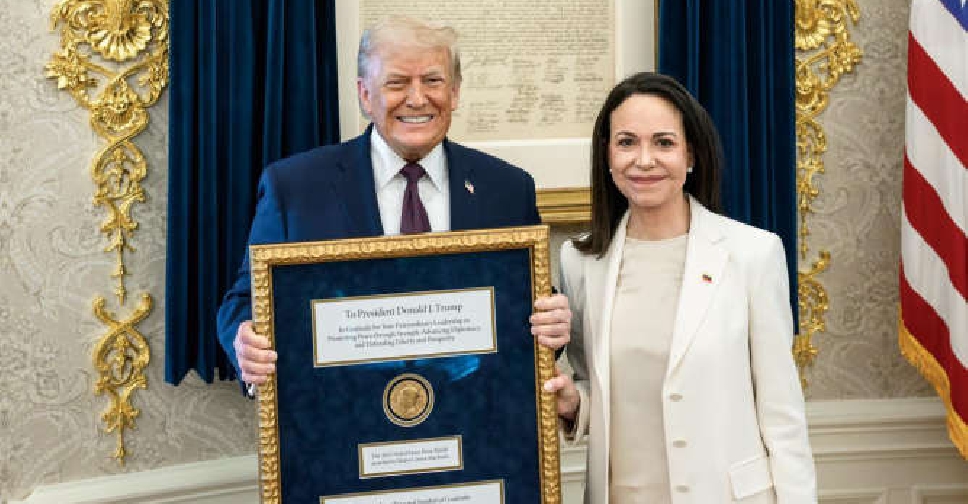 Trump accepts Nobel medal from Venezuelan opposition leader Machado
Trump accepts Nobel medal from Venezuelan opposition leader Machado
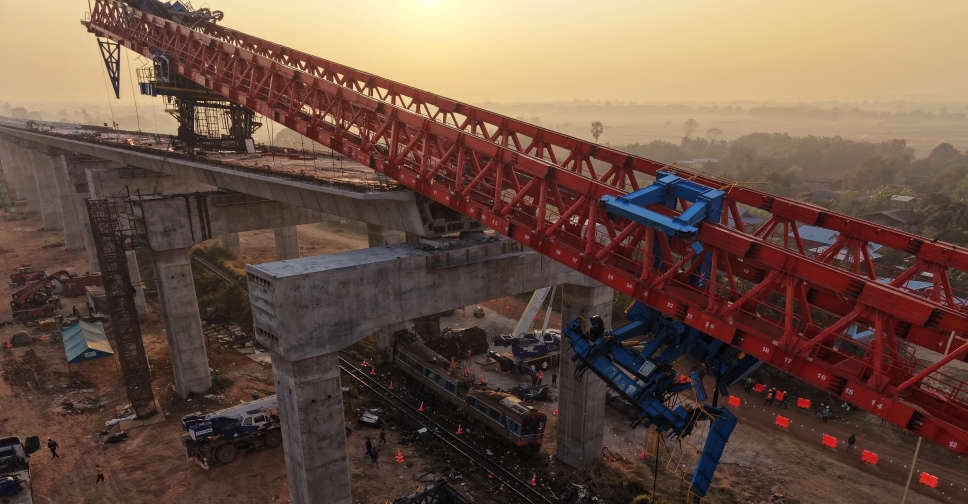 Thailand halts multiple major construction projects after fatal accidents
Thailand halts multiple major construction projects after fatal accidents
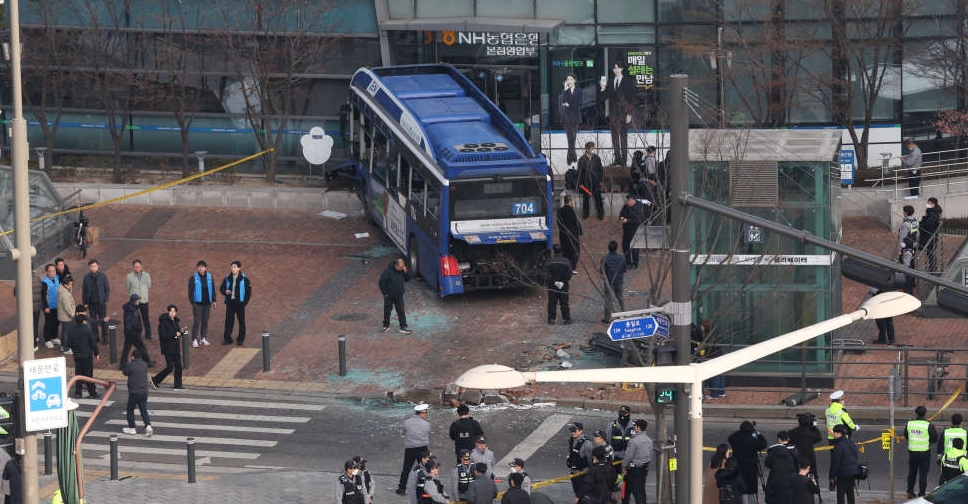 Bus crashes into building in South Korea, leaving 13 injured, Yonhap says
Bus crashes into building in South Korea, leaving 13 injured, Yonhap says
 South Korea's ex-president Yoon given 5-year jail term in first ruling over martial law
South Korea's ex-president Yoon given 5-year jail term in first ruling over martial law
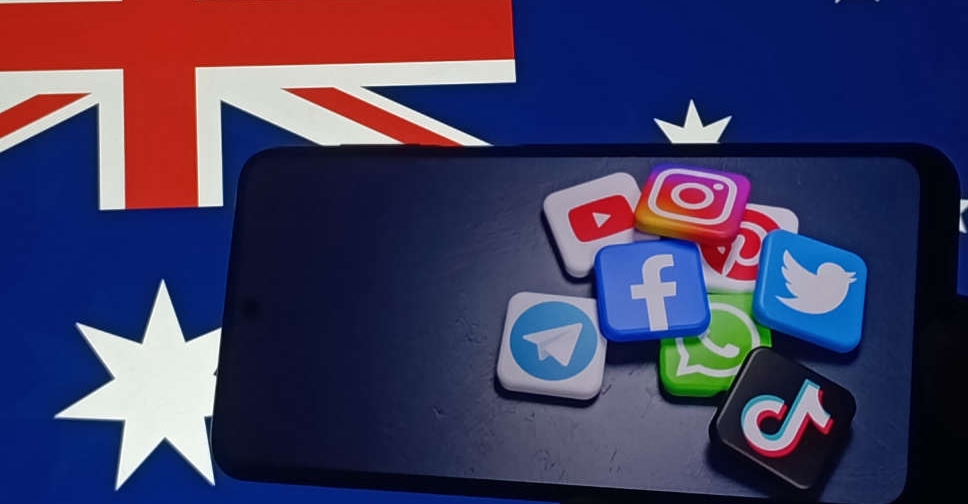 Australia social media ban hits 4.7 million teen accounts in first month
Australia social media ban hits 4.7 million teen accounts in first month
